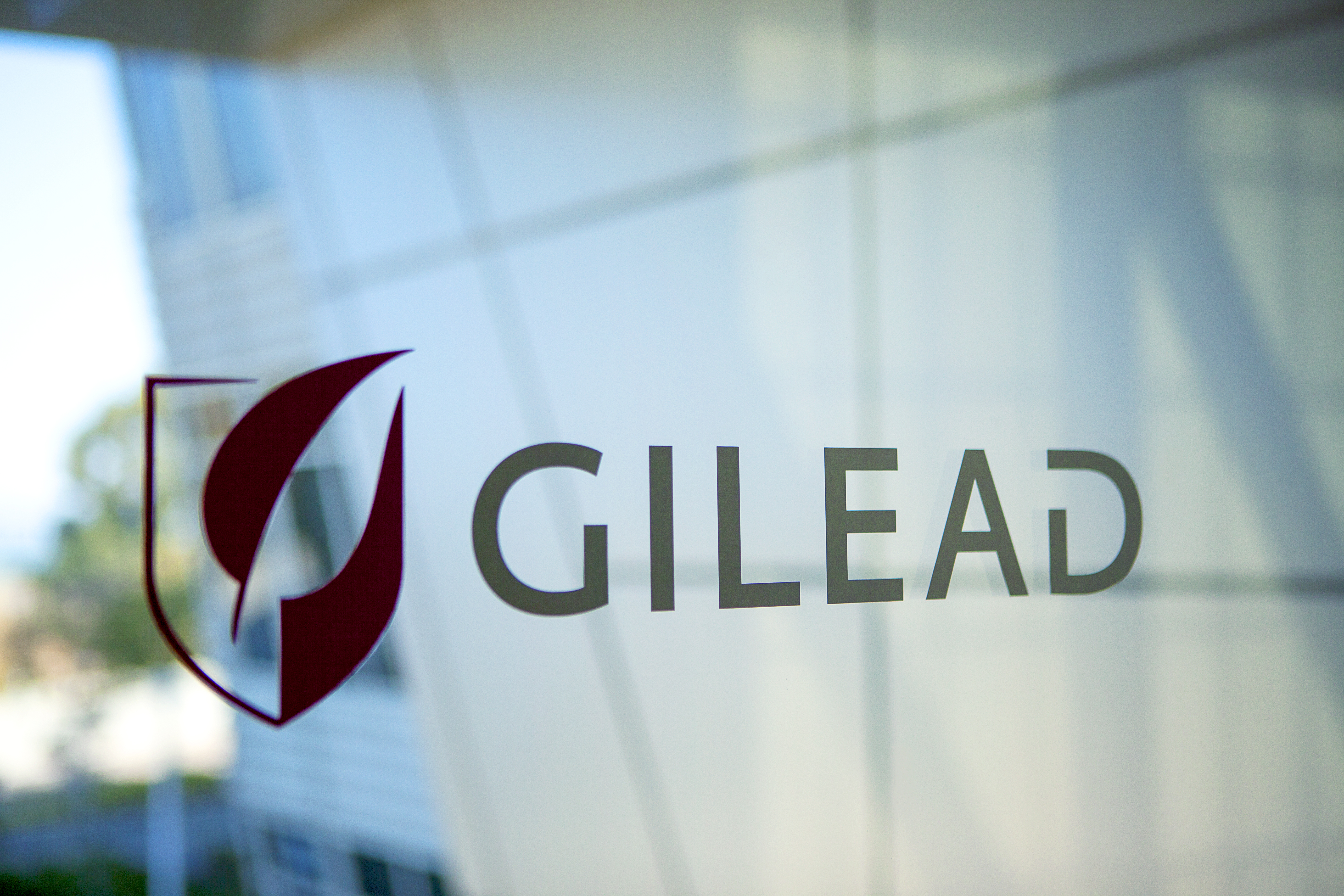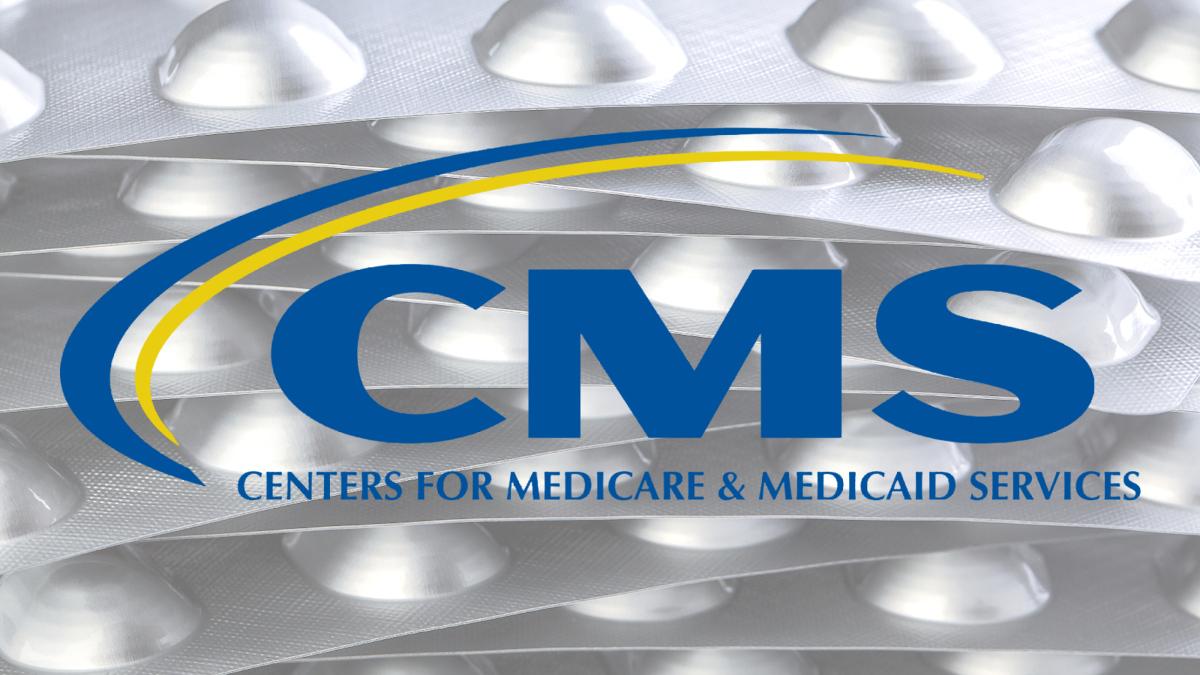Gilead tags Merck for first-line triple negative breast cancer trial

Take two recently-approved immunotherapies for triple negative breast cancer (TNBC), put them together, and what do you get? Hopefully a new standard of care for the aggressive disease, according to partners Gilead Sciences and Merck & Co.
Gilead's Trop-2 targeting antibody-drug conjugate Trodelvy (sacituzumab govitecan) will be paired with Merck's PD-1 inhibitor Keytruda (pembrolizumab) in a new phase 3 trial in previously-untreated subjects with locally advanced or metastatic TNBC.
Trodelvy has already established itself as a go-to therapy for TNBC patients whose disease has progressed after prior treatments, says Gilead, while Keytruda is approved as a first-line therapy for the cancer in combination with chemotherapy, in patients with PD-L1 scores of 10 or more.
Gilead is sponsoring the new study to see if adding Trodelvy can be an alternative chemo when added to Keytruda in the first-line treatment of advanced TNBC, in the hope of moving the ADC up the treatment pathway.
"This helps further our ambition of displacing chemotherapy with Trodelvy to improve outcomes for people living with cancer," said Gilead's chief medical officer Merdad Parsey.
Merck is the obvious partner for that ambition as Keytruda is in the ascendency among checkpoint inhibitors for TNBC, having also recently also picked up an FDA approval pre-surgery alongside chemotherapy in the neoadjuvant setting, as well as in the post-surgery (adjuvant) setting as a monotherapy, to prevent tumours from recurring.
Rival drug Tecentriq (atezolizumab) – had its accelerated approval in first-line TNBC withdrawn by developer Roche in the US after failing a confirmatory trial, but is in late-stage testing as a treatment for early-stage TNBC.
Trodelvy is also approved to treat metastatic urothelial cancer in the US, and Gilead has just reported third-quarter sales of $101 million for the drug, which were actually a little lower than analyst expectations.
It is a key new product for Gilead as it faces pressure on its HIV franchise, which has been hit by reduced diagnoses and new therapy starts due to the COVID-19 pandemic, falling 8% to $4.2 billion.
The company also reported strong gains for its lymphoma cell therapy products Yescarta (axicabtagene ciloleucel) and Tecartus (brexucabtagene autoleucel), collectively up 51% to $222 million.
COVID-19 therapy Veklury (remdesivir) continued to lead the charge at Gilead with a massive $1.9 billion in sales during the three-month period – way ahead of projections – with turnover expected to reach up to $4.8 billion for the full year.
Analysts welcomed the performance but also noted it points to underlying weakness at the company. While its headline revenue of $7.4 billion was a healthy 13% rise, taking Veklury out of the equation would have resulted in a 3% decline.












